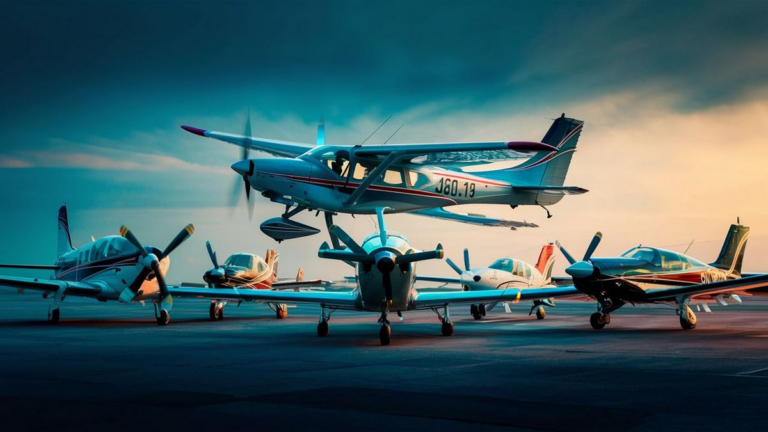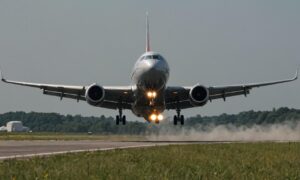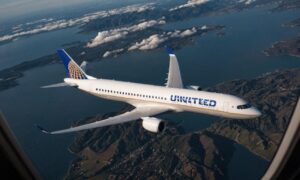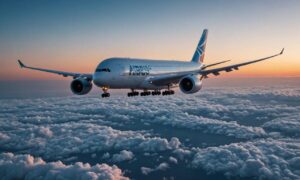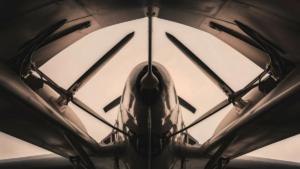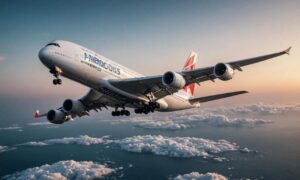Cessna single-engine planes represent a hallmark of aviation excellence, blending reliability, versatility, and performance. These aircraft have long been cherished by pilots and aviation enthusiasts worldwide for their robust engineering, ease of operation, and diverse applications.
The Legacy of Cessna Single Engine Planes
Cessna Aircraft Company, founded by Clyde Cessna in 1927, has a rich legacy in aviation. Since its inception, Cessna has been at the forefront of designing and manufacturing single-engine aircraft that cater to various needs, from recreational flying to commercial operations.
Performance and Versatility
Cessna single-engine planes are renowned for their exceptional performance and versatility. Whether it’s the iconic Cessna 172 Skyhawk, the agile Cessna 182 Skylane, or the high-performance Cessna 206 Stationair, each aircraft in the Cessna single-engine lineup is engineered to deliver optimal performance across different missions and environments.
Reliability and Safety
Reliability and safety are paramount in aviation, and Cessna single-engine planes exemplify these qualities. With stringent quality control measures and robust design features, Cessna aircraft are known for their exceptional safety record, making them a preferred choice among pilots and operators worldwide.
Applications
The versatility of Cessna single-engine planes lends them to a wide range of applications, including:
- Flight training
- Personal and recreational flying
- Agricultural operations
- Aerial photography
- Charter and air taxi services
Popular Models
Cessna has produced several iconic models of single-engine aircraft over the years, including:
| Model | Description |
|---|---|
| Cessna 172 Skyhawk | The quintessential trainer and recreational aircraft known for its reliability and ease of operation. |
| Cessna 182 Skylane | A high-performance four-seater aircraft suitable for both recreational flying and utility missions. |
| Cessna 206 Stationair | A versatile six-seat aircraft ideal for charter operations, aerial surveys, and utility flying. |
In conclusion, Cessna single-engine planes stand as a testament to innovation, reliability, and performance in aviation. With a legacy spanning decades, these aircraft continue to inspire pilots and enthusiasts alike, offering unparalleled versatility and safety in the skies.
Economic Efficiency
One notable aspect of Cessna single-engine planes is their economic efficiency. These aircraft are designed with fuel efficiency and low operational costs in mind, making them attractive options for both private owners and commercial operators seeking to minimize expenses while maintaining quality performance.
Advanced Avionics
Modern Cessna single-engine planes often come equipped with advanced avionics systems, enhancing pilot situational awareness and improving overall flight safety. These avionics may include features such as GPS navigation, synthetic vision technology, and autopilot systems, allowing for smoother and more precise flight operations.
Frequently Asked Questions
1. Are Cessna single-engine planes suitable for long-distance flights?
Yes, many Cessna models, such as the Cessna 182 Skylane and Cessna 206 Stationair, are capable of long-distance flights with appropriate fuel capacity and endurance.
2. What maintenance requirements do Cessna single-engine planes have?
Cessna aircraft typically require regular maintenance inspections and servicing according to manufacturer guidelines to ensure continued airworthiness and safety.
3. Can Cessna single-engine planes be customized for specific missions?
Yes, Cessna offers various customization options for their aircraft, allowing operators to tailor them to specific mission requirements, such as installing additional equipment for aerial surveys or cargo transportation.

